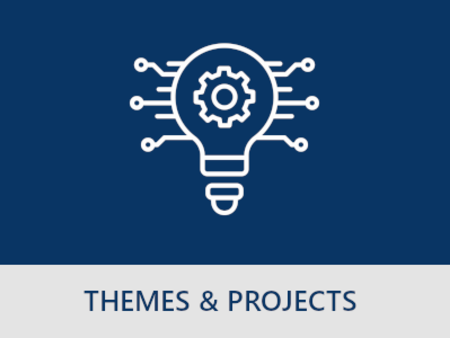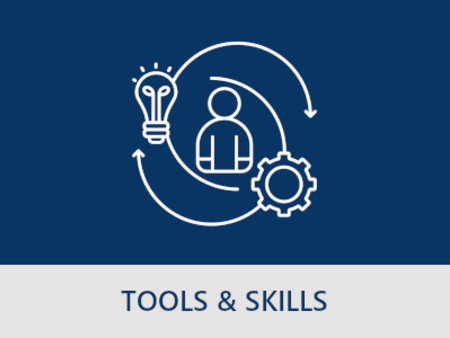Postdoctoral position of Paula Sobenko Hatum
2024 – 2027
Quantifying Local and Global Drivers of Coral Reef Dynamics: Understanding Ecosystem States and Services for Resilience and Sustainable Management CORALNET
Coral reefs, often called the "rainforests of the sea," are among the planet's most vibrant ecosystems, supporting biodiversity, protecting coastlines, and driving global fisheries and tourism. Yet, these ecosystems face unprecedented threats from climate change, pollution, and overfishing, pushing them toward critical tipping points.
CORALNET addresses these challenges by applying Dynamic Bayesian Networks (DBNs), a type of probabilistic graphical model. DBNs provide a structured approach to understanding the complex relationships between local and global stressors—such as ocean acidification, warming seas, and land-based pollution—and their effects on coral reef dynamics, resilience, and the ecosystem services they support.
Building on pioneering DBN models designed for seagrass ecosystems, CORALNET will adapt these methodologies to coral reefs in the Southwest Indian Ocean, focusing on sites like Réunion Island. By integrating DBNs with the CROCO-MUSTANG hydrodynamic-sediment transport model, this research will provide cutting-edge insights into how stressors interact, predict future scenarios, and identify actionable pathways for sustainable reef management.
The project objectives are :
- Use Bayesian Networks to quantify the impact of local and global stressors.
- Enhance coral reef management strategies to ensure ecosystem resilience and long-term sustainability
Supervisor
Collaborations
BRIDGES Project
Réserve Marine de La Réunion
Queensland University of Technology (QUT)






